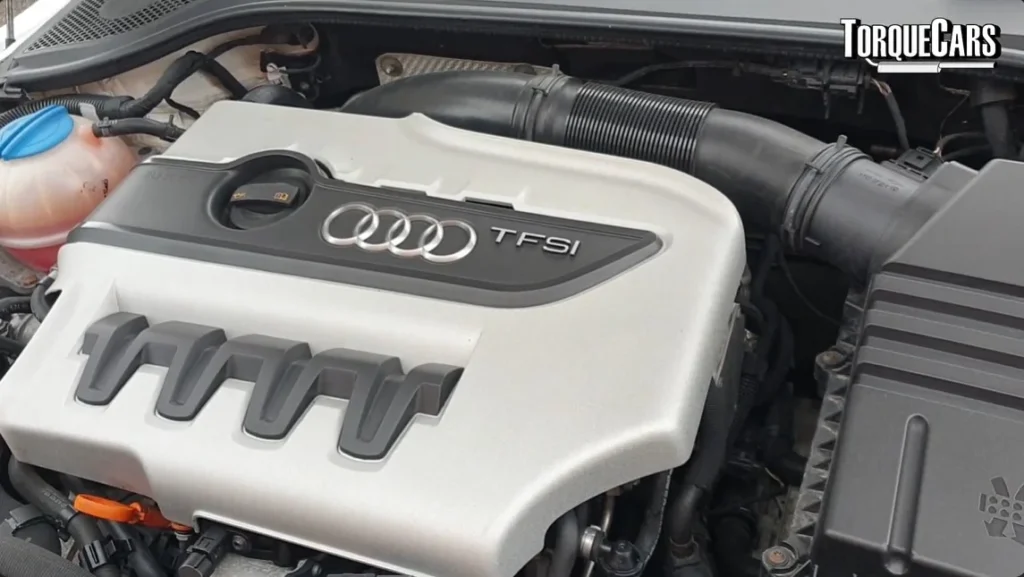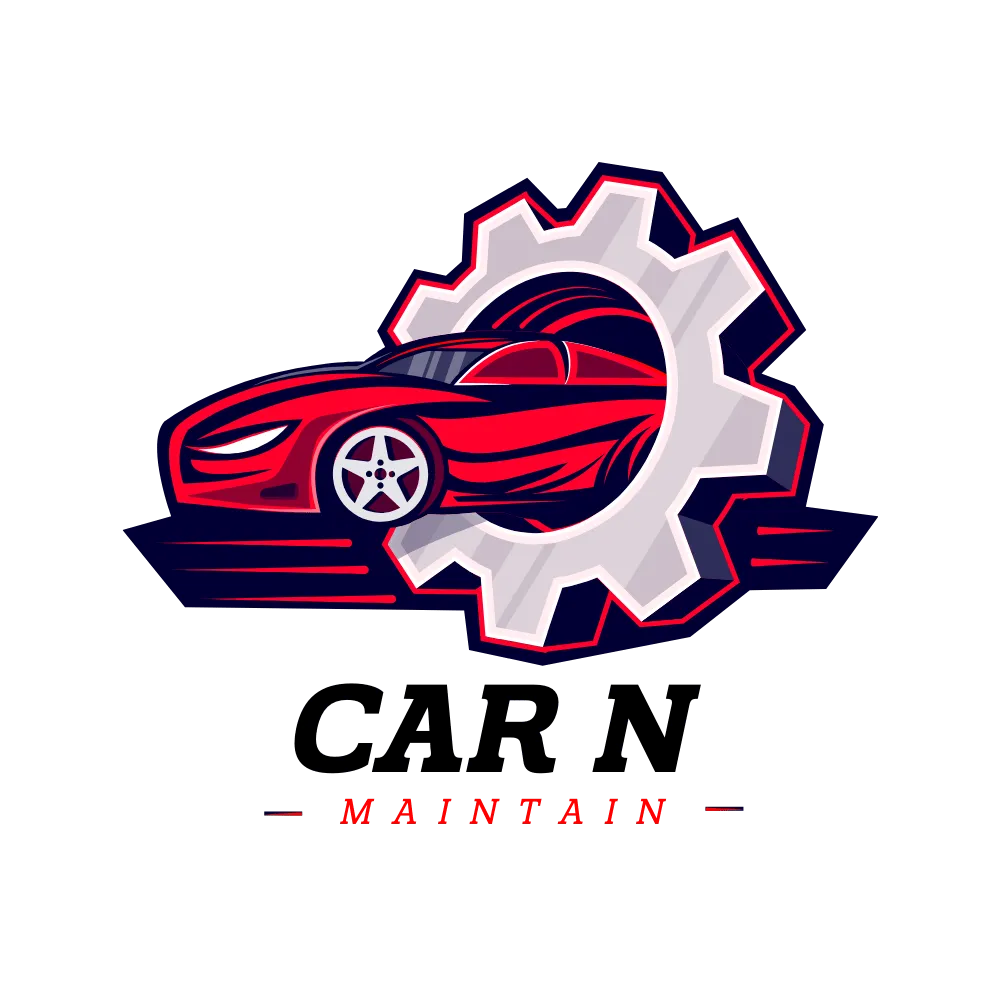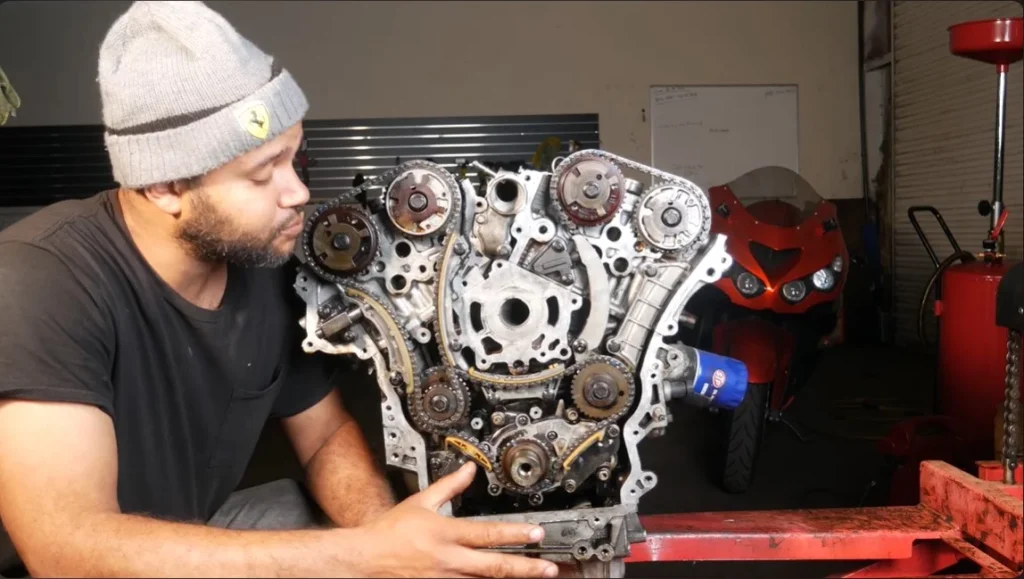Regular maintenance and timely inspections help prevent common engine problems. Address small issues promptly to avoid costly repairs.
Preventing common engine problems is essential for extending the life of your vehicle and ensuring optimal performance. Regular maintenance, such as oil changes and air filter replacements, plays a crucial role in keeping the engine running smoothly. Timely inspections can identify potential issues before they escalate into costly repairs.
Addressing small problems promptly, like fixing oil leaks or replacing worn-out belts, can save you from significant headaches down the road. Keeping an eye on warning lights and unusual noises also helps in the early detection of issues. By taking these preventive measures, you can ensure your engine remains in top condition, providing reliability and efficiency for years to come.
Regular Engine Maintenance
Regular maintenance helps keep your engine running smoothly. Simple tasks can prevent major problems. This section covers two essential tasks: oil changes and checking coolant levels.
Oil Changes
Changing the oil is crucial for engine health. Fresh oil lubricates engine parts. It reduces friction and wear. Follow your car’s manual for oil change intervals.
Here’s a simple guide to oil changes:
- Warm up the engine for a few minutes.
- Turn off the engine and place a container under the oil drain plug.
- Remove the plug and let the oil drain out.
- Replace the oil filter with a new one.
- Put the drain plug back and fill the engine with new oil.
Coolant Levels
Coolant keeps your engine from overheating. Check your coolant levels regularly. Low coolant can lead to engine overheating and damage.
Follow these steps to check and refill the coolant:
- Ensure the engine is cool before checking.
- Locate the coolant reservoir under the hood.
- Look at the level indicators on the side of the reservoir.
- If low, add coolant until it reaches the recommended level.
- Secure the cap tightly after refilling.
Regular oil changes and checking coolant levels are simple yet effective. These steps ensure your engine runs smoothly and lasts longer.

Engine Health Fuel System Care
The fuel system is vital for your engine’s health. Proper care can prevent many common engine problems. Follow these simple steps to keep your fuel system in top shape.
Fuel Quality
Always use high-quality fuel. Poor fuel can clog your injectors and damage your engine. Look for fuel with a high octane rating. Use fuel from reputable gas stations. Avoid using old or contaminated fuel.
Injector Cleaning
Clean fuel injectors ensure efficient fuel delivery. Dirty injectors can lead to poor engine performance. Use a fuel injector cleaner regularly. Follow the manufacturer’s instructions for the best results. Consider professional cleaning services for stubborn clogs.
Common Engine Air Filter Management
Proper air filter management is essential for preventing common engine problems. A clean air filter ensures your engine gets the right amount of clean air. This helps in maintaining fuel efficiency and engine performance.
Replacement Schedule
Regularly replacing your air filter is crucial. Check your vehicle’s manual for the recommended schedule. Typically, replace the air filter every 12,000 to 15,000 miles.
Driving in dusty conditions? You may need to replace it more often. Use this simple table to keep track of your air filter replacement:
| Mileage | Condition | Action |
|---|---|---|
| 0-12,000 miles | Normal | Inspect |
| 12,000-15,000 miles | Normal | Replace |
| 6,000-8,000 miles | Dusty | Inspect |
| 8,000-10,000 miles | Dusty | Replace |
Cleaning Techniques
Cleaning your air filter can extend its life. Follow these steps:
- Remove the air filter from its housing.
- Tap it gently to remove loose dirt.
- Use a vacuum cleaner to remove the remaining dust.
- Do not use water or oil on paper filters.
- For reusable filters, follow the manufacturer’s cleaning instructions.
Remember, a dirty air filter can restrict airflow. This affects engine performance and fuel efficiency. Keep it clean and replace it as needed.

Credit: www.youtube.com
Engine Spark Plug Health
Maintaining your engine’s spark plugs is crucial. Healthy spark plugs ensure efficient fuel combustion. This leads to better performance and fuel economy. Read on to learn how to keep your spark plugs in top shape.
Inspection Tips
Regular inspection of your spark plugs can prevent major engine problems. Here are some tips:
- Check the spark plug color. A light tan or gray color indicates normal wear.
- Look for any soot or oil deposits. These can signal engine issues.
- Inspect the electrode for wear. Worn electrodes need replacing.
- Use a spark plug gap tool. Ensure the gap matches the manufacturer’s specifications.
Replacement Guide
Replacing spark plugs is simple with the right steps. Follow this guide:
- Let the engine cool down. Hot engines can cause burns.
- Locate the spark plugs. They are usually on top of the engine.
- Remove the spark plug wire. Pull it straight off to avoid damage.
- Use a spark plug socket. Turn counterclockwise to remove the plug.
- Check the gap on the new spark plug. Adjust if necessary.
- Install the new spark plug. Turn clockwise until snug.
- Reattach the spark plug wire. Ensure it’s secure.
Replace spark plugs every 30,000 miles. This keeps your engine running smoothly.
Car Battery Maintenance
Maintaining your car battery is essential to prevent engine problems. A well-maintained battery ensures your car starts easily and runs smoothly. Follow these simple steps to keep your battery in top condition.
Terminal Cleaning
Battery terminals can get dirty and corroded over time. Cleaning them helps maintain a good connection. Use a mixture of baking soda and water to clean the terminals. Gently scrub with an old toothbrush to remove corrosion. Rinse with water and dry with a cloth. This simple step can prevent starting issues.
Charge Monitoring
Regularly check the battery’s charge level. Use a voltmeter to measure the charge. A fully charged battery should read around 12.6 volts. If the voltage is low, charge the battery using a battery charger.
Always follow the charger’s instructions for safety. Keeping an eye on the charge level helps prevent unexpected breakdowns.
| Battery Task | Frequency |
|---|---|
| Terminal Cleaning | Every 3 months |
| Charge Monitoring | Monthly |
By following these simple steps, you can ensure your battery stays in good shape. This helps prevent common engine problems and keeps your car running smoothly.
Belt And Hose Checks Engine Health
Regular belt and hose checks are crucial for engine health. These components wear out over time. Catching issues early can prevent major engine problems. In this section, we’ll explore wear signs and replacement tips for belts and hoses.
Wear Signs
Belts and hoses show clear signs when they wear out. Knowing these signs can save your engine.
- Cracks: Cracks on the surface of belts and hoses indicate wear.
- Fraying: Frayed edges on belts mean they need replacing.
- Soft Spots: Hoses should be firm. Soft spots signal deterioration.
- Leaks: Any leaks around hoses are a red flag.
- Glazing: Belts that look shiny or slick are likely worn out.
Replacement Tips
Replacing belts and hoses can seem daunting. These tips make it easier.
- Check Regularly: Inspect belts and hoses every 3,000 miles.
- Use Quality Parts: Always choose high-quality replacements.
- Follow Manuals: Refer to your vehicle’s manual for guidance.
- Keep Tools Handy: Basic tools can help with quick fixes.
- Know the Signs: Replace belts and hoses at the first wear sign.
A quick check can save you from costly repairs. Stay ahead of engine issues by keeping an eye on belts and hoses.
Engine Overheating Cooling System
The cooling system is crucial for preventing engine overheating. It helps maintain the engine’s temperature. A well-maintained cooling system extends engine life. Let’s explore essential aspects of cooling system maintenance.
Radiator Care
The radiator cools the engine by transferring heat. Regular inspection of the radiator is vital. Check for leaks, rust, and clogs.
- Inspect the radiator every month.
- Ensure coolant levels are adequate.
- Look for signs of rust or damage.
Flushing the radiator removes debris and old coolant. Do this every two years. Use a proper radiator flush solution for best results.
| Task | Frequency |
|---|---|
| Inspect Radiator | Monthly |
| Flush Radiator | Every 2 Years |
Thermostat Function
The thermostat regulates engine temperature. It opens to let coolant flow when the engine heats up. A faulty thermostat can cause overheating.
- Check if the engine is overheating.
- Inspect the thermostat housing for leaks.
- Replace the thermostat if needed.
A working thermostat ensures the engine runs efficiently. Keep an eye on the temperature gauge. Replace the thermostat every few years for optimal performance.
Maintaining the cooling system prevents common engine problems. Regular care can save you from costly repairs.
Professional Inspections Engine Problems
Regular professional inspections can prevent common engine problems. They identify issues early, saving you time and money. Mechanics use specialized tools to check engine performance. This ensures your vehicle runs smoothly and efficiently.
When To Seek Help
Recognize the signs of engine trouble. These include:
- Unusual noises
- Warning lights on the dashboard
- Decreased performance
- Frequent stalling
Seek professional help if you notice these signs. Delaying can worsen engine issues. Routine check-ups also keep your engine in top shape.
Choosing A Mechanic
Choose a qualified mechanic for inspections. Look for these qualities:
| Quality | Description |
|---|---|
| Certification | Certified mechanics have proven skills. |
| Experience | Experienced mechanics handle various engine problems. |
| Reputation | Good reviews indicate trustworthiness. |
Check online reviews and ask for recommendations. Ensure the mechanic uses modern diagnostic tools. This guarantees accurate inspections and repairs.

Credit: www.reliablehyundai.com
Frequently Asked Questions
What Causes Engine Overheating?
Engine overheating is often caused by low coolant levels, a faulty thermostat, or a failing water pump.
How To Prevent Engine Oil Leaks?
Regularly check and change engine oil, and ensure gaskets and seals are in good condition.
Why Is My Engine Making Noise?
Engine noise can be due to low oil levels, worn-out parts, or loose components.
Can Poor Fuel Quality Damage My Engine?
Yes, poor fuel quality can cause engine knocking, reduced performance, and long-term damage.
How To Avoid Engine Misfires?
Regularly replace spark plugs and maintain a clean fuel system to avoid engine misfires.
Why Does My Engine Have Low Power?
Low power may result from clogged air filters, bad fuel injectors, or ignition system issues.
Conclusion
Regular maintenance is key to preventing common engine problems. Address small issues early to avoid costly repairs later. Keep an eye on fluid levels, listen for unusual noises, and follow the manufacturer’s guidelines. A well-maintained engine ensures better performance and longevity, giving you peace of mind on the road.


